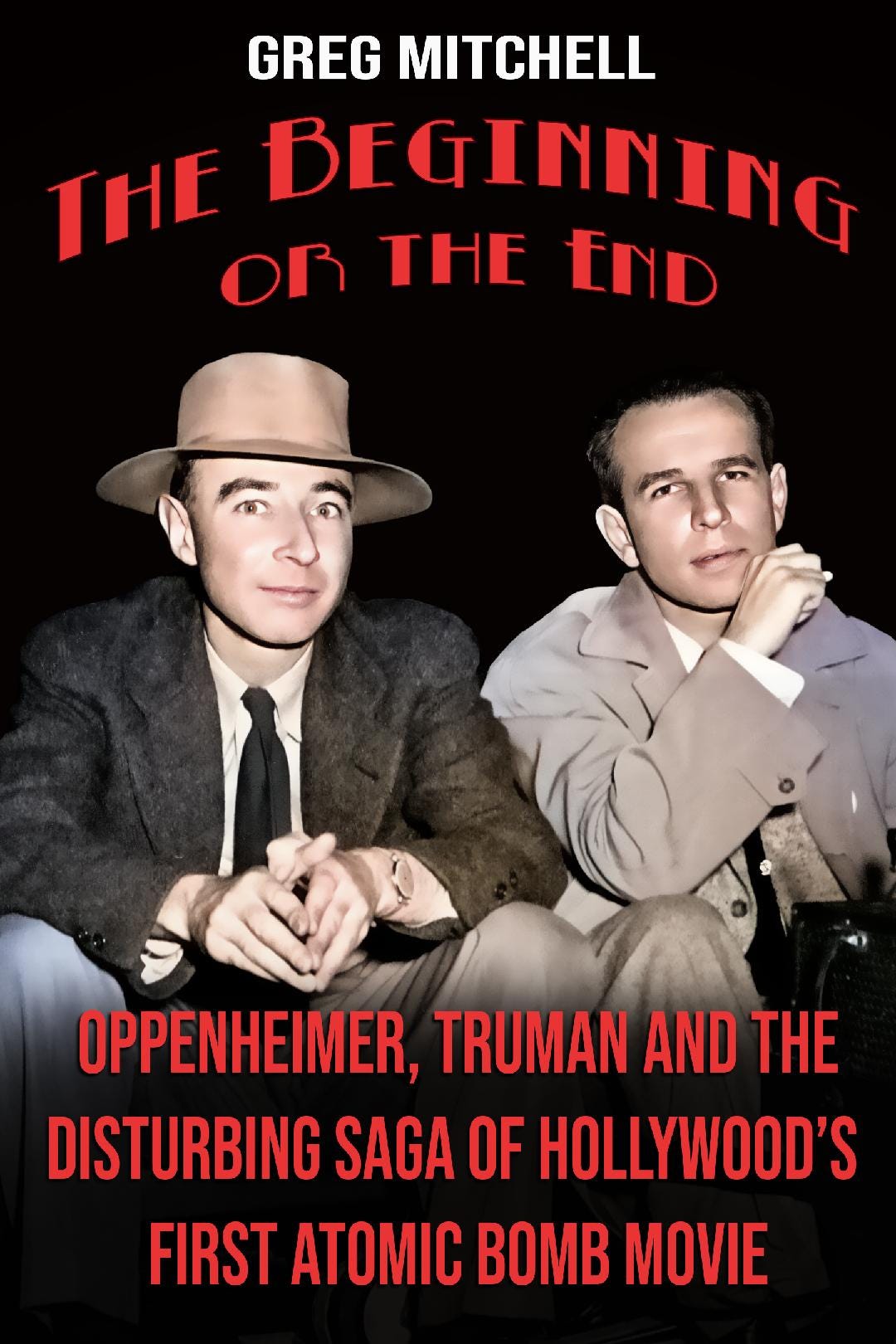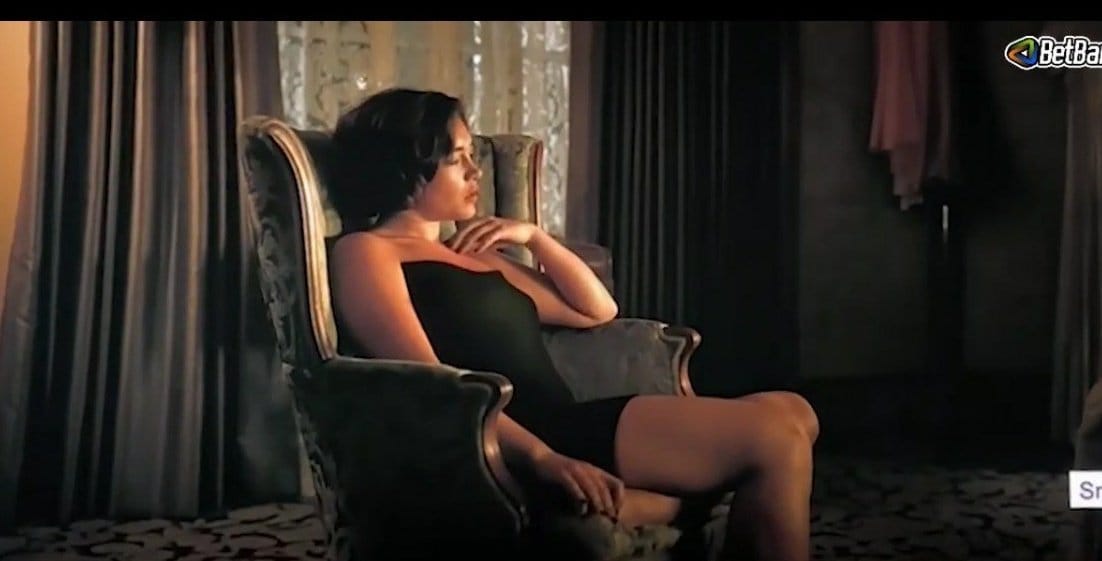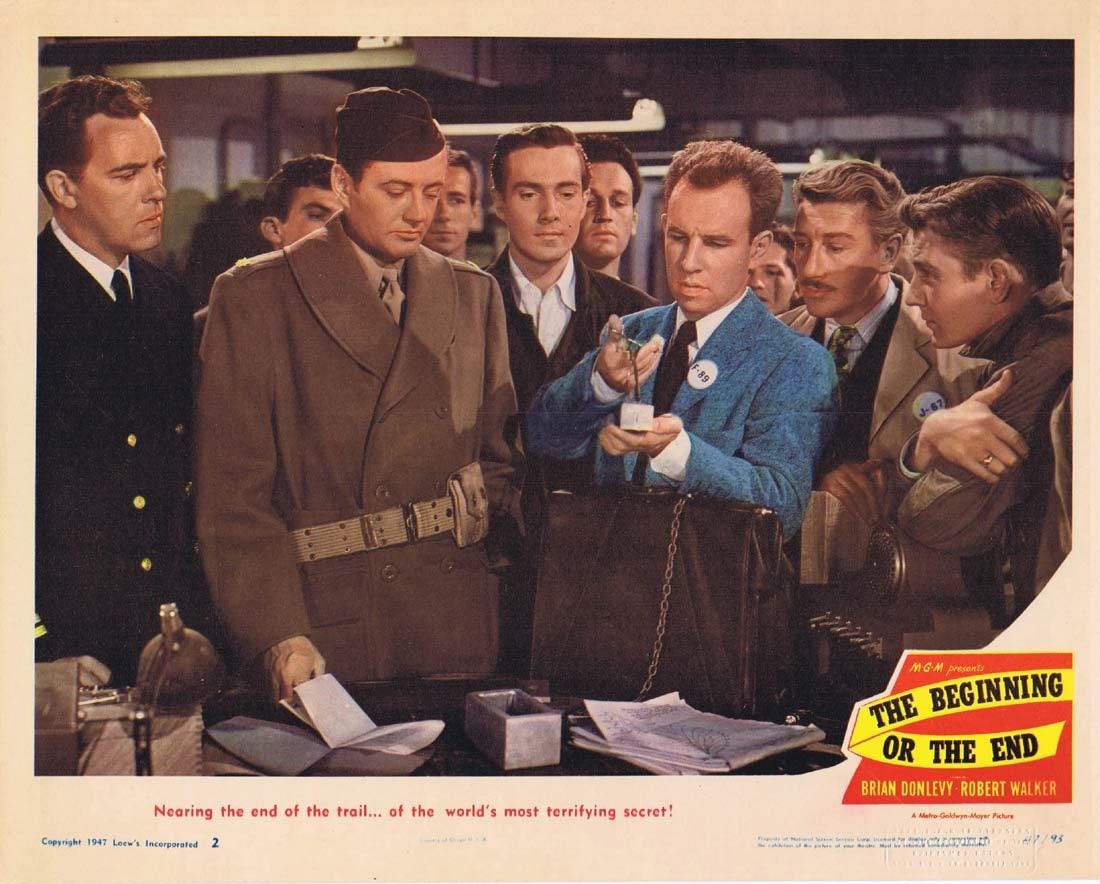Greg Mitchell is the author of a dozen books, including “Hiroshima in America,” and the recent “The Beginning or the End,” and has directed three documentary films since 2021, including two for PBS (plus award-winning “Atomic Cover-up”). He has written widely about the atomic bomb and atomic bombings, and their aftermath, for over forty years.
Since it’s a Sunday edging toward late-July, I will keep today’s entry relatively brief! A few notes, though:
»>Oppenheimer still exceeding the already high expectations at the box office.
»>If you have missed, here are links for my articles over the past few days at Mother Jones and at the L.A. Times. The latter piece has been picked up around the world, from Orlando to San Jose to Korea. And this weekend the Times opinion editor reflects on my piece for them: “Thinking about 'Oppenheimer' as the planet feels like it's dying.”
»>I’ll be talking about my book and many of the issues I’ve raised here in the past ten days on Democracy Now! on Monday just after 8 a.m. ET.
»>This might be a good time to catch up with some of my daily postings going back to the start about ten days ago. You’ll find several days of specific comments/criticisms about the movie (after seeing it at an early preview) and also much else on the man himself and The Bomb. Plus: His trip to Japan in 1960.
»>If you haven’t as yet, you can still subscribe to this newsletter and it’s still free.
»>Amazingly, on the same day, my daughter in London and my son in L.A. halfway around the world saw Oppenheimer last night. Awaiting their reviews.
»>One rather vital part left out of the Nolan film--what happened at the other end of his bomb. Trailer for my recent (much-honored) film.
»>Apparently the distributor for Oppenheimer abroad (where it is doing very well) took care for their audiences to slip a black slip on Florence Pugh in the gratuitous sex scene.
»>Below, a short excerpt from The Beginning or the End. The book includes a great deal about Oppenheimer putting off, then caving, to MGM’s request that he sign a release allowing them to portray him (including as narrator) in their horrid 1947 movie, which would include many falsehoods and thoroughly embrace The Bomb and the bombing of Japan after intervention by Gen. Leslie Groves and President Harry Truman.
Amazingly, Truman ordered a key scene re-shot—and the actor playing him fired. And MGM went along with it. But he wasn’t the only one to get an actor in an important role canned, as you will see below.
As for Oppie, the book details how MGM hired the well-respected but far from A-list actor Hume Cronyn to play him. Cronyn, perhaps realizing he was miscast, wrote a long letter to Oppenheimer, confessing that he might be inadequate. This sparked an exclusive segment in the book, a transcript of one of the phone calls between Oppie and his wife that the FBI bugged, sparked by the Cronyn hiring and his letter. (They call him “Hugh Cronin.”) Even so, Oppenheimer would visit the set at MGM and meet Cronyn—now the cover of my book—after watching from the sidelines and then sailing his trademark hat to the actor, exclaiming, “Hello, Oppie!”
When Eleanor Roosevelt, still very much in the public eye as chairperson of the new U.N. Commission on Human Rights--and for her syndicated newspaper column, "My Day"-- learned that the studio planned to cast Lionel Barrymore as her late husband she was not pleased.
The fact that Barrymore was confined to a wheelchair in real life did not impress her because she recalled that the actor had made several disparaging remarks about FDR (he was particularly incensed about Roosevelt promoting the graduated income tax). He campaigned for Thomas Dewey against FDR in 1944. As chairman of the Hollywood for Dewey organization he helped organize the biggest Republican rally in memory, with 93,000 filling the Los Angeles Coliseum for an extravaganza produced by director Cecil B. DeMille. Earlier that day the honored guests attended a luncheon staged by David O. Selznick with the chance to shake hands with Barrymore, Ginger Rogers, and Gary Cooper, among other stars. It was well known in Hollywood that Barrymore "hated Roosevelt," as Lauren Bacall once put it.
Back in the 1930s, when Franklin Roosevelt was asked if Barrymore was the country's greatest actor, he reportedly joked, "I am the greatest actor in America."
Since the scenes with Roosevelt had not yet been shot, MGM put them on hold while Barrymore wrote a conciliatory letter to Eleanor, claiming that his political views had been misinterpreted. He had made many films for MGM’s Louis B. Mayer and that relationship--even beyond the fact they were both Republicans--was still solid, suggesting studio support would never waver.
But the popular former First Lady did not relent and soon MGM announced, after briefly considering Raymond Massey, that the (fully-abled and pro-Democrat) actor Godfrey Tearle would play FDR.
Below, Cronyn as Oppie.






